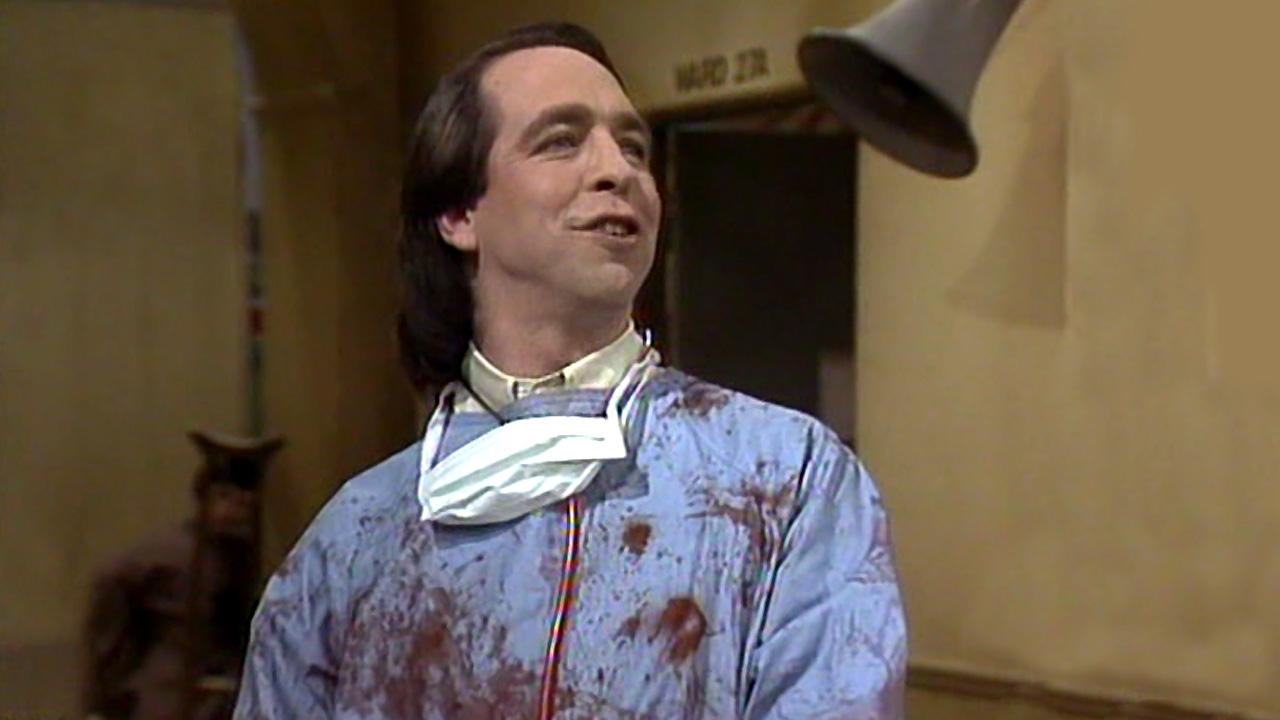

10
Featured Show:
Let The Blood Run Free
Let The Blood Run Free was an anarchic Australian spoof soap opera set in St Christopher's Hospital and created by comedy collective, The Blood Group.
10 TV Shows
290 shows • Page 11 of 15

Let The Blood Run Free
Let The Blood Run Free was an anarchic Australian spoof soap opera set in St Christopher's Hospital and created by comedy collective, The Blood Group.
 0
0Haydaze
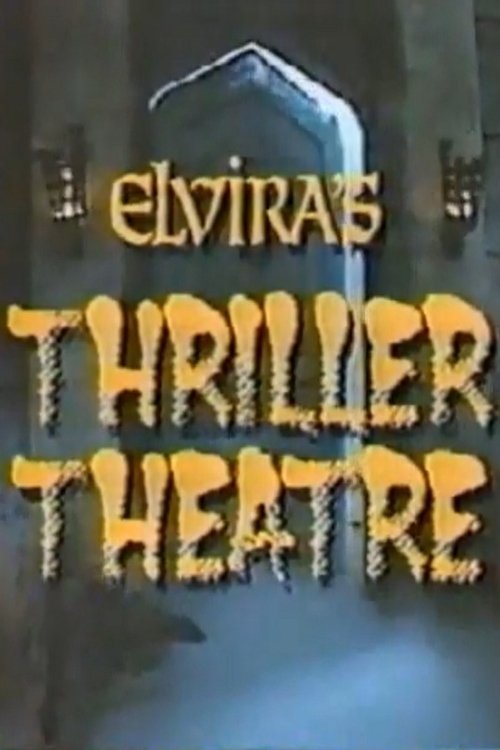
Elvira's Thriller Theatre
Cassandra Peterson as Elvira hosts this Australian horror television series, produced by Queen B Productions. Originally Broadcast on Network 10 Australia Wednesdays at 11:30pm from 8 March 1989 and the following year on Mondays at 10:30. The show had a huge following, capturing 30% of the Australian viewing market, with 50% of fan mail being written by women.
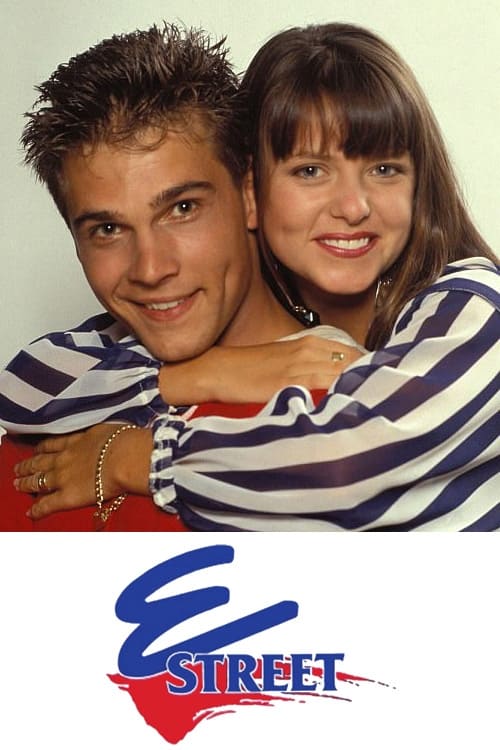
E Street
An Australian television soap opera, set in a tough fictional inner-city district called Westside. The stories revolve around the local community there. Created by Forrest Redlich and produced by Network Ten from 24 January 1989 to 13 May 1993.

Double Dare
Two teams of children answer questions and perform stunts all-the-while getting messy.
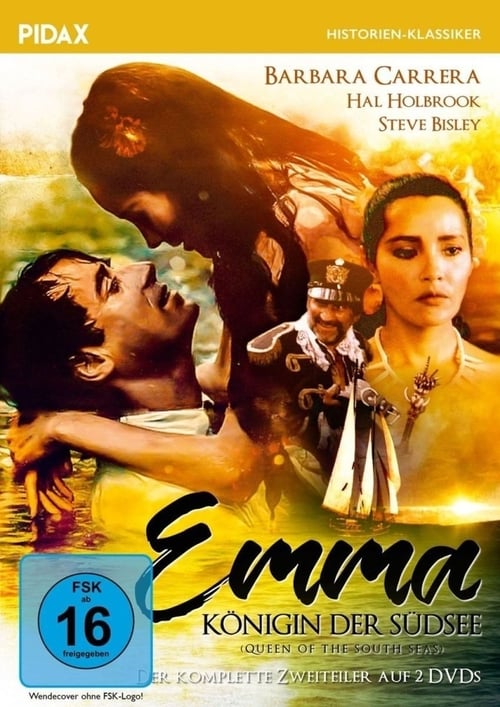
Emma: Queen of the South Seas
Based on the life of Emma Eliza Coe, known as the "Queen of the South Seas", whose strength and cunning staved off the colonial struggle involving the United States, Great Britain, and Germany while she built her own empire. Emma’s father, the first consul in Samoa, taught his daughter at an early age the bitter truth about the fickleness of men.
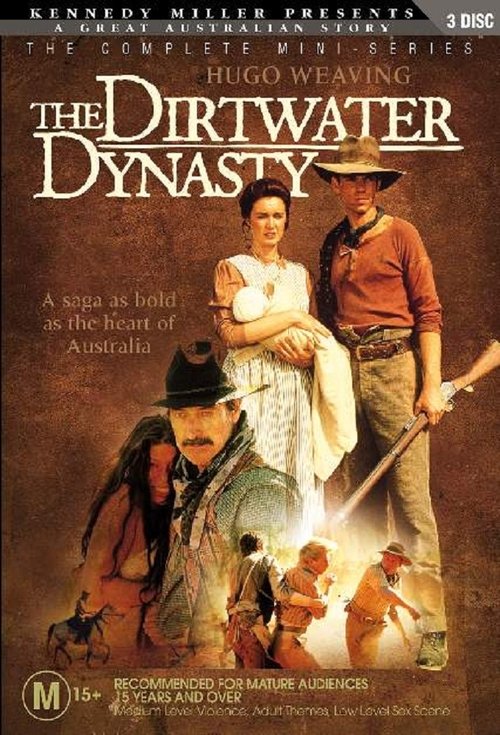
The Dirtwater Dynasty
The Dirtwater Dynasty is a five-part Australian drama miniseries, first screened on Network Ten in 1988. The Dirtwater Dynasty was directed by Michael Jenkins and John Power. The Dirtwater Dynasty is the story of embittered rivalry, triumph and despair, spanning three generations and eight decades. Born in the London slums in 1878, Richard Eastwick comes to Australia at age 20, with nothing but a handful of courage and a dream. He acquires land, marries and raises a family, makes loyal friends and bitter enemies. Two world wars and the economic depression take their toll on his family and his land and cattle ranching empire but his dream to create a dynasty gives him a reason to continue.

The Comedy Company
The Comedy Company was an Australian comedy television series first aired from 16 February 1988 until about 11 November 1990 on Network Ten, Sunday night and was created and directed by Ian McFadyen, and co directed and produced by Jo Lane. The show largely consisted of sketch comedy in short segments, much in the tradition of earlier Sketch comedy shows, The Mavis Bramston Show, The Naked Vicar Show, Australia You're Standing In It, and The D-Generation. The majority of the filming took place in Melbourne, Victoria. The show had a significant effect on Australian culture, particularly on Australian youth. The Australian adoption of the word "Bogan" was first used in its existing context by the The Comedy Company character, Kylie Mole.
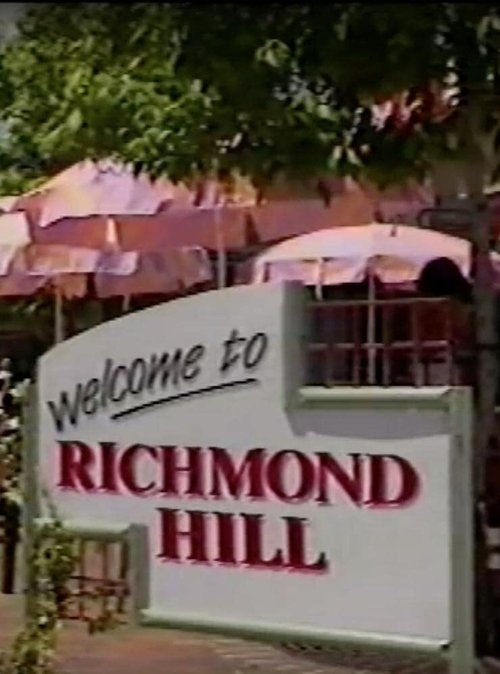 0
0Richmond Hill
Richmond Hill was an Australian television
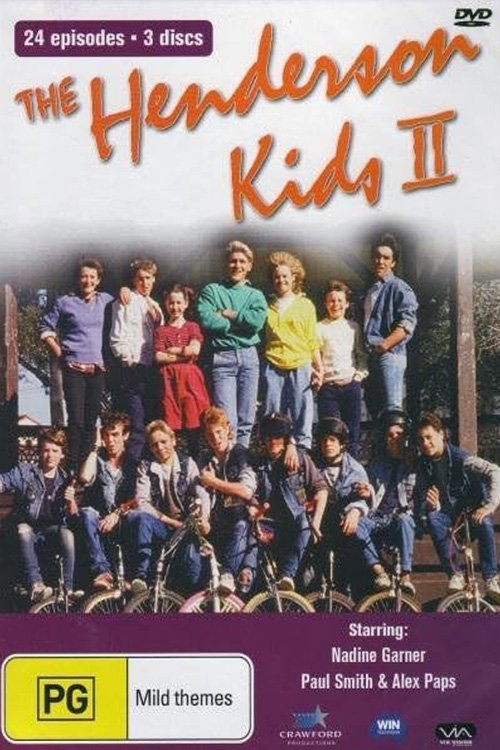
The Henderson Kids II
A family relocates to the harbourside suburb of Westport after years of traveling in search of the perfect business and environment. However, the children's newfound stability may be short-lived. When Tamara and Steve Henderson left Haven Bay, they came to the city with their father, Wal. For the last two years they've been travelling, settling for a short time and moving on. Wal's been looking for the right business to buy into, and the right environment to live in. He's found it in Westport, a tough yet picturesque harbourside suburb. The Henderson kids have found a more settled life - or have they?
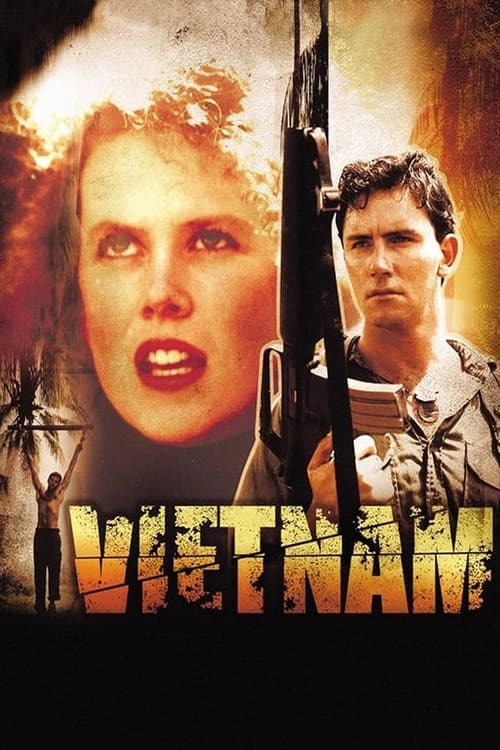
Vietnam
The Goddard family is about to be torn apart by the arrival of Australian conscription during the Vietnam War.
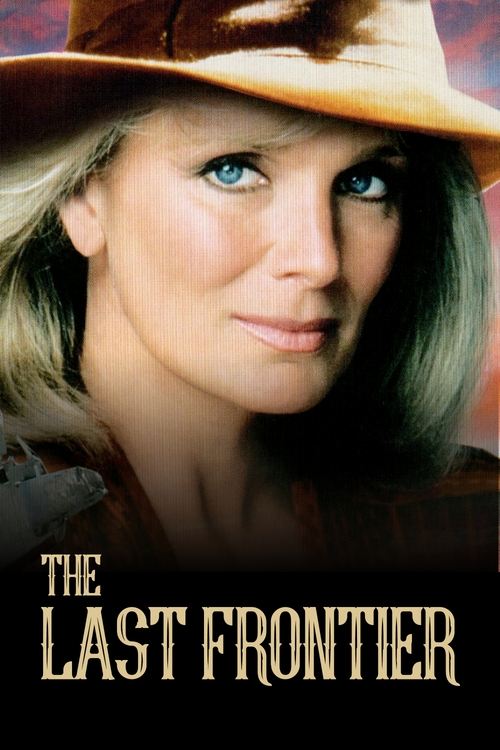
The Last Frontier
Following a whirlwind courtship, a single mother from Los Angeles marries an Australian cattle rancher. He returns to Australia ahead of her and her two children but dies before they arrive, leaving his widow to deal with a debt-ridden ranch and land-grabbing neighbors.

My Brother Tom
Set against the backdrop of World War II, this epic miniseries centers on the religiously divided town of St. Helens and the innocent romance between a pair of star-crossed teenagers (Tom Jennings and Catherine McClements) that threatens to tear it apart. Gordon Jackson, Christopher Cummins and Christopher Mayer also star in director Pino Amenta's adaptation of James Aldridge's novel of the same name.
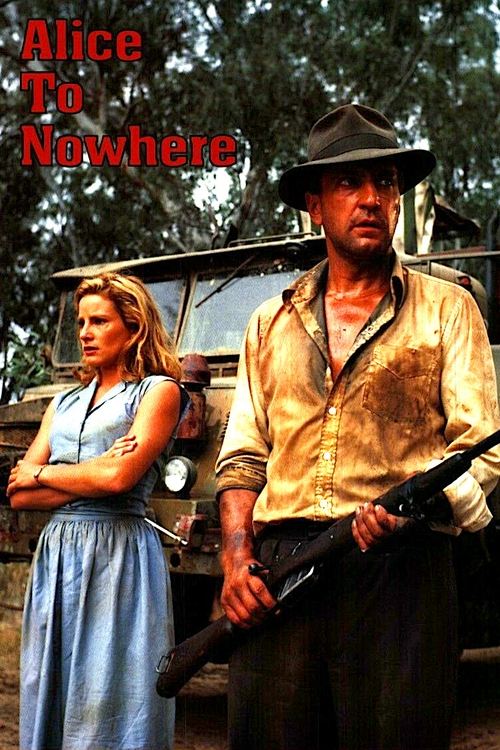
Alice to Nowhere
A nurse who has been hired to staff a remote outpost in the Australian outback unwittingly carries a stash of jewels taken in a foiled robbery. The robbers track her to the outback, and are determined to let nothing—and no one—get in the way of them retrieving their loot.
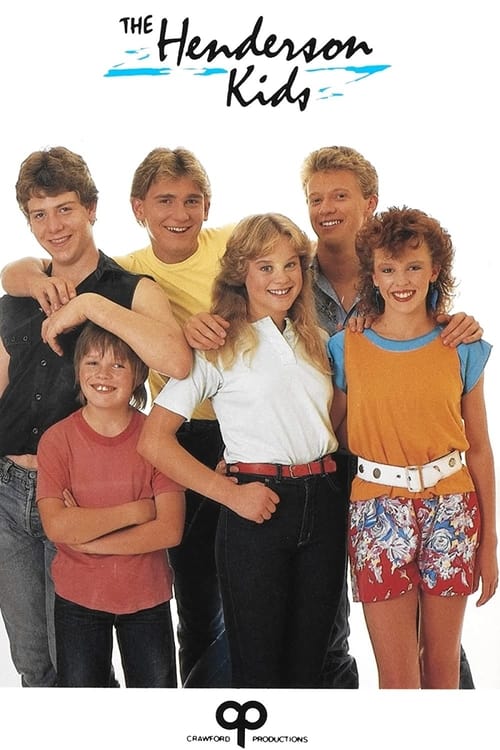
The Henderson Kids
The Henderson Kids is an Australian television series made by Crawford Productions for Network Ten between 1985 and 1987. It was created and storylined by Roger Moulton, who also wrote 5 episodes in the first series and 2 episodes in the second series.

The Cowra Breakout
In August 1944, 1104 Japanese prisoners of war at the Australian POW camp at Cowra stage a mass breakout. Four guards are killed in the escape, and 231 prisoners die by wounds sustained or suicide, while 334 prisoners are recaptured over the subsequent nine days.
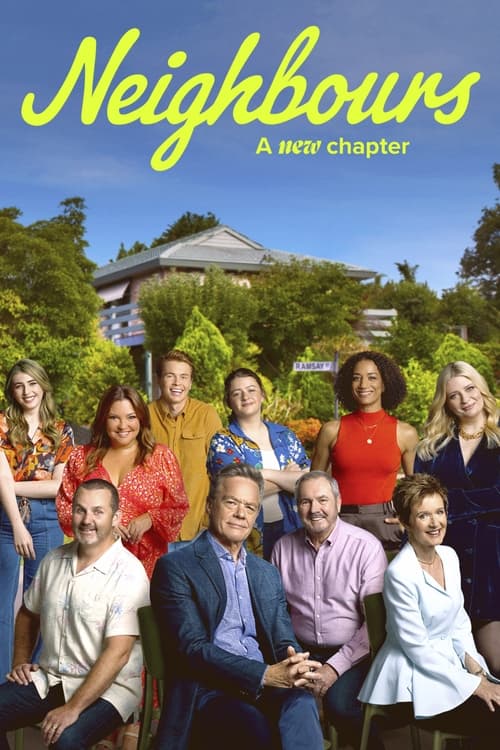
Neighbours
Neighbours is an Australian television soap opera. The show's storylines concern the domestic and professional lives of the people who live and work in Erinsborough, a fictional suburb of Melbourne, Victoria. The series primarily centres around the residents of Ramsay Street, a short cul-de-sac, and its neighbouring areas, the Lassiters complex, which includes a bar, hotel, cafe, news office and park. Neighbours began with three families created by Watson – the Ramsays, the Robinsons and the Clarkes. Watson said that he wanted to show three families who are friends living in a small street. The Robinsons and the Ramsays had a long history and were involved in an ongoing rivalry.
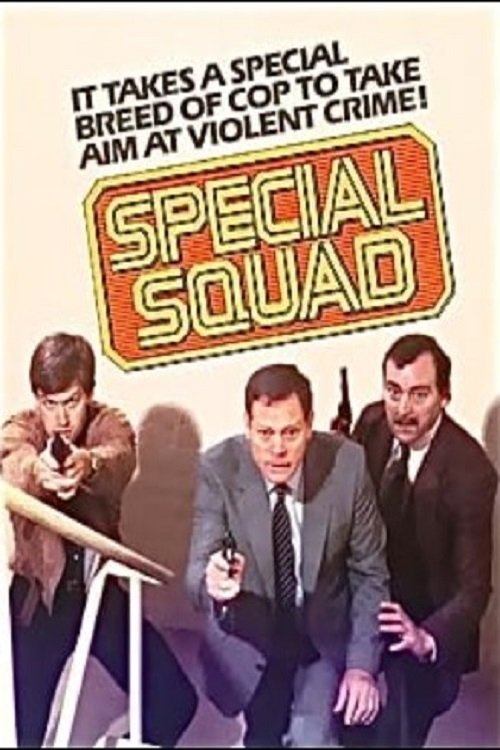 0
0Special Squad
Special Squad was an Australian television series m The series focused on an elite division of the Victoria Police, which handled crimes either too sensitive or specialist for regular squads. The Special Squad was headed by Det. Insp. Don Anderson, with his main operatives being Det. Snr. Sgt. Greg Smith, and Det. Sgt. Joel Davis.
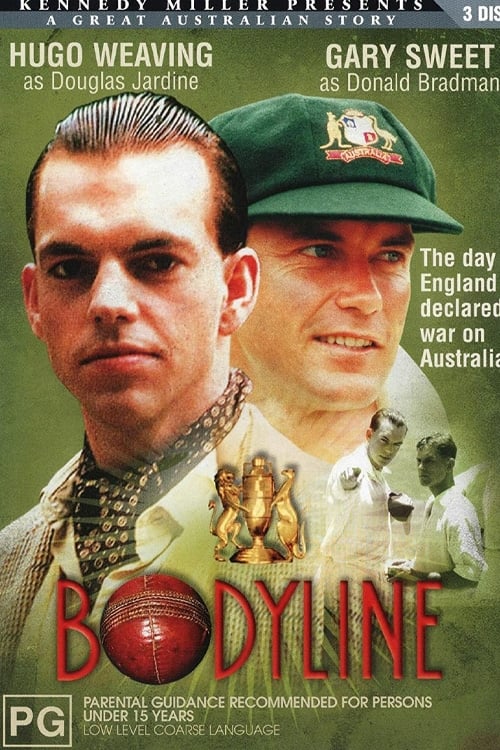
Bodyline
Dramatization of the 1932/33 Test cricket series between England and Australia. Played in Australia, the series gained notoriety in Australian and worldwide cricketing history for the fact that the English team (headed by captain Douglas Jardine) applied a bowling technique called "leg theory", or more commonly, Bodyline. This technique involved bowlers bowling the ball directly at the batsman's body, and resulted in many of the Australian team receiving numerous bruises and injuries, with batsman Bert Oldfield sustaining a cracked skull. The series generated much anger and resentment towards the English team within Australia and seriously damaged Anglo-Australian cricketing relations at the time.
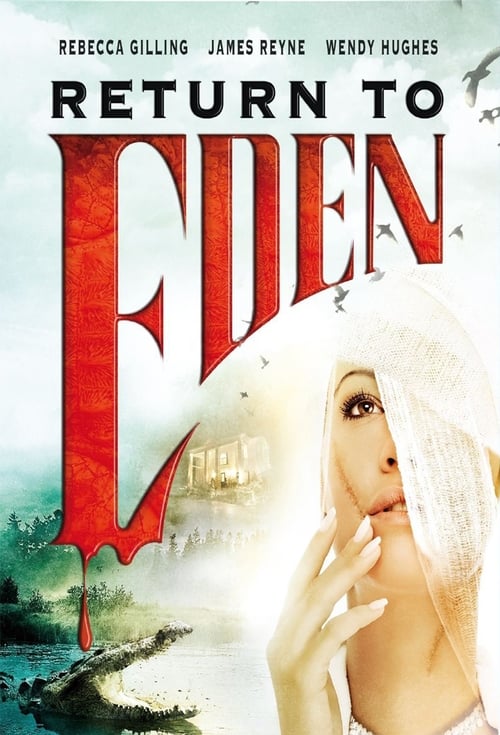
Return to Eden
Stephanie Harper is rich but insecure 40 year old heiress with two failed marriages behind her. Stephanie believes that she has found true love with tennis pro Greg Marsden, but after the wedding, Greg promptly begins an affair with Stephanie’s best friend Jilly Stewart. Whilst on their honeymoon, Greg pushes Stephanie into a crocodile-infested swamp, and he and Jilly watch as she is apparently mauled to death. However, Stephanie miraculously survives and goes to an island clinic where she meets Dr. Dan Marshall, a brilliant plastic surgeon who uses his talents to repair her face and body. Using her new identity and fortune, she plots her revenge on Greg and Jilly and aims to take back what is rightfully hers.